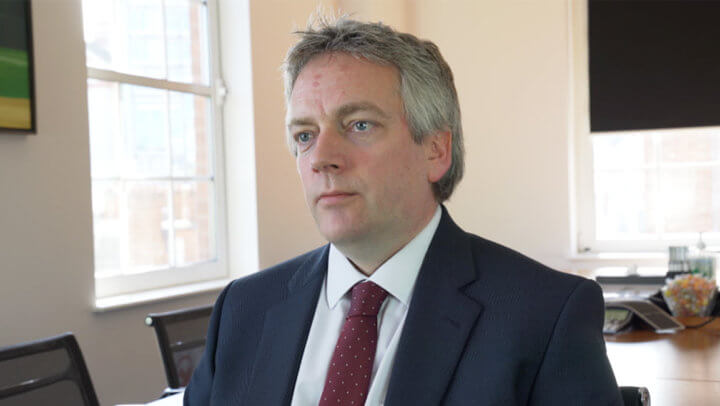John Binns is a specialist in proceeds of crime laws, cannabis regulation, sanctions, and tax investigations. He has extensive experience in financial crime, which also involves bribery and corruption, extradition, Interpol, fraud, market abuse, and the conduct of related civil proceedings. He is a prolific writer and speaker on a variety of topics.
Video Transcript:
The first Unexplained Wealth Order:
Unexplained wealth has been a hot topic of late. There’s been a high profile case of Mrs Hajiyeva, who had a 16 million pound spending habits Harrods.
She’s lost her appeal, sadly, for her and there have been a handful of other orders, but the more interesting aspect of this from our point of view, is that National Crime Agency are seeing it as a signal to ask more intrusive questions than they would have done otherwise. We’ve helped some clients to navigate their way through that and prevent orders being made by way of negotiating in effect with with the NCA.
Legitimately acquired income:
So one of the things that really comes out from Mrs Hajiyeva’s case, although it’s fair to say the courts have fudged this to some extent, is that there’s a real question about legitimately acquired income and how the NCA defines that. What they need to be able to show to get an order is that there’s a reasonable suspicion that the extent of the reasonably acquired income isn’t enough to explain the interest in the property. But that begs the question, of course, as to whether if the person can show that they’ve got income, whether it’s legitimate or not, and that for Mrs Hajiyeva was an issue because her husband was head of the Azeri State Bank and was accused and convicted in Azerbaijan of fraud. But the question of whether that conviction really holds water, whether it’s something that was politically motivated or genuine was a ‘live one’ in her case.
Politically Exposed Persons:
As I say, it was it was fudged a little bit because what the court decided was that nevermind that, there were other indications that the wealth wasn’t legitimate. And so what really leaves open as a question is the next time there’s malicious allegations, say, about a politician. To what extent are the NCA or authorities in the UK are going to be able to take that into account and say, ‘you may say this is legitimate income, but look at the Internet. It says there is not’.
The future of UWOs:
Generally speaking, I think it’s fair to say the unexplained wealth agenda is part of something broader. It’s about having more suspicion institutionally and within businesses in the UK about people’s wealth and sources of wealth, specifically in categories of politically exposed persons. But not just that and not just financial institutions. Now we’ve got law firms that need to have procedures to deal with these things. Accountants, cryptocurrency businesses, art galleries. And so we found ourselves advising both the businesses on how to make sure that their procedures are fine tuned enough to comply with the law, but also be fair to their customers. And we’ve also advised people on the other side who find themselves with frozen bank accounts or inexplicably stopped transactions and and want to understand how that happened and what can be done about it. So it’s an area that increasingly keeps us busy and is only gonna get more complicated. I think as time goes on.
If you’d like to discuss any of the issues raised in this article with one of our solicitors then please contact us in the strictest confidence.







